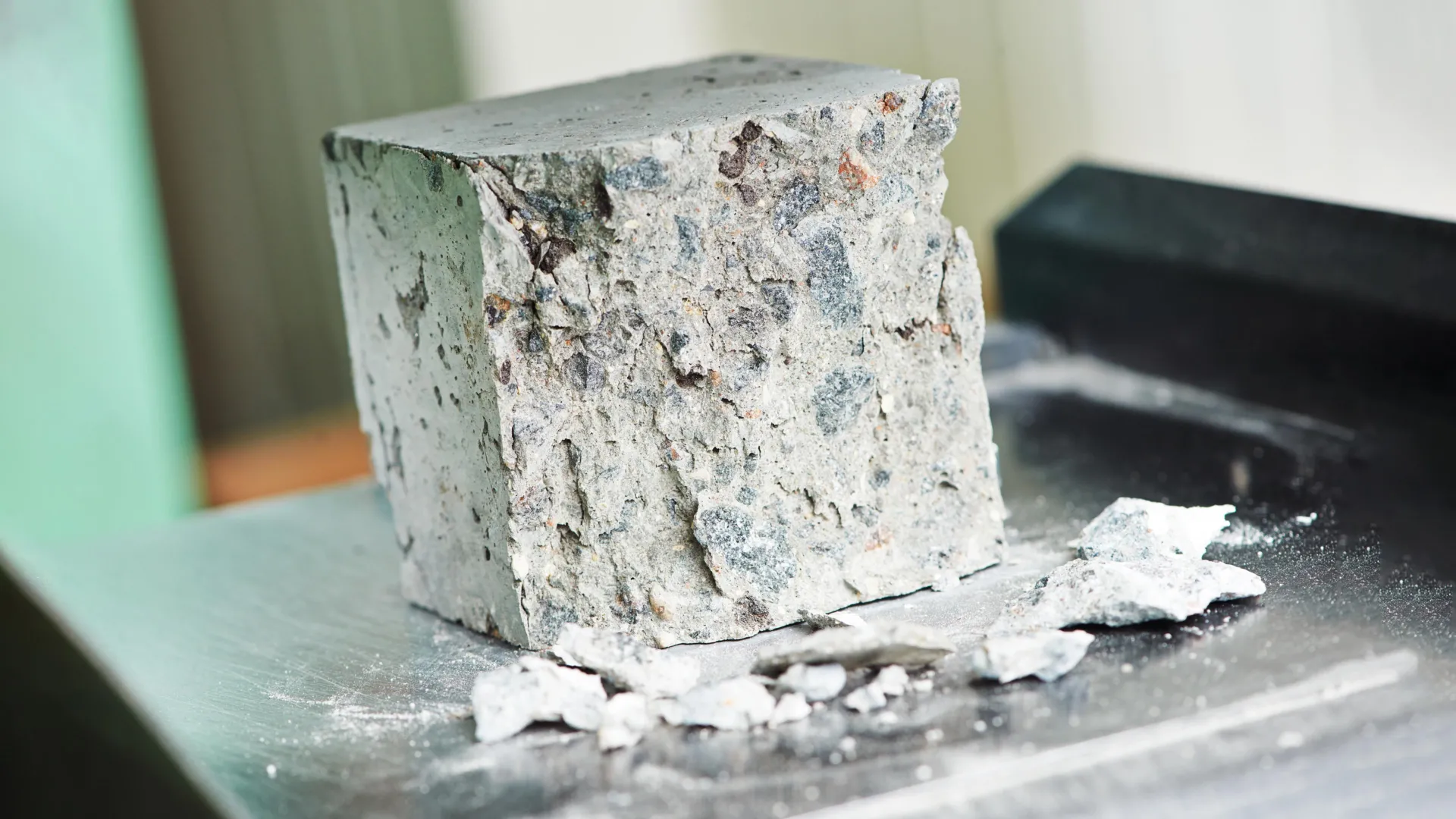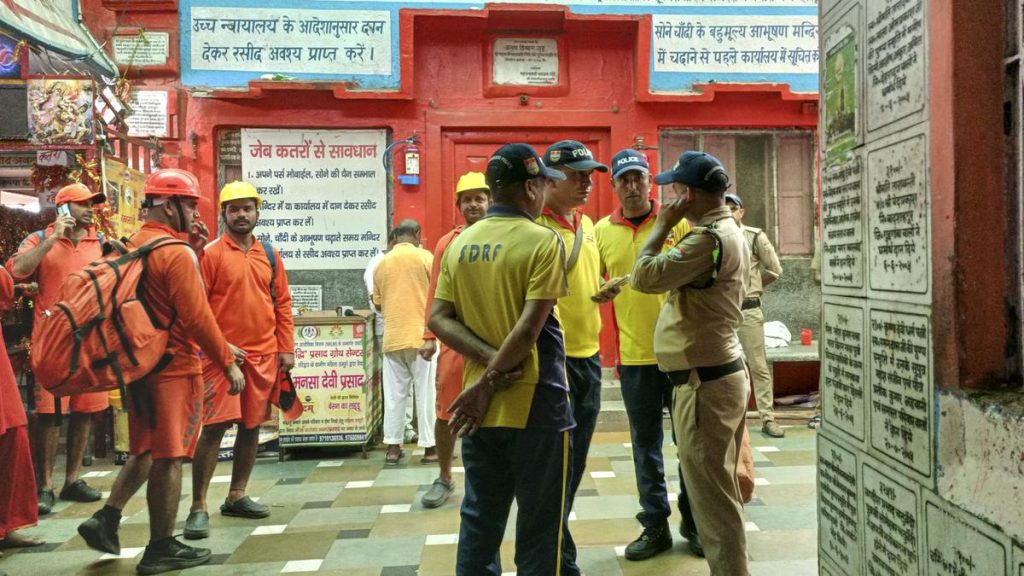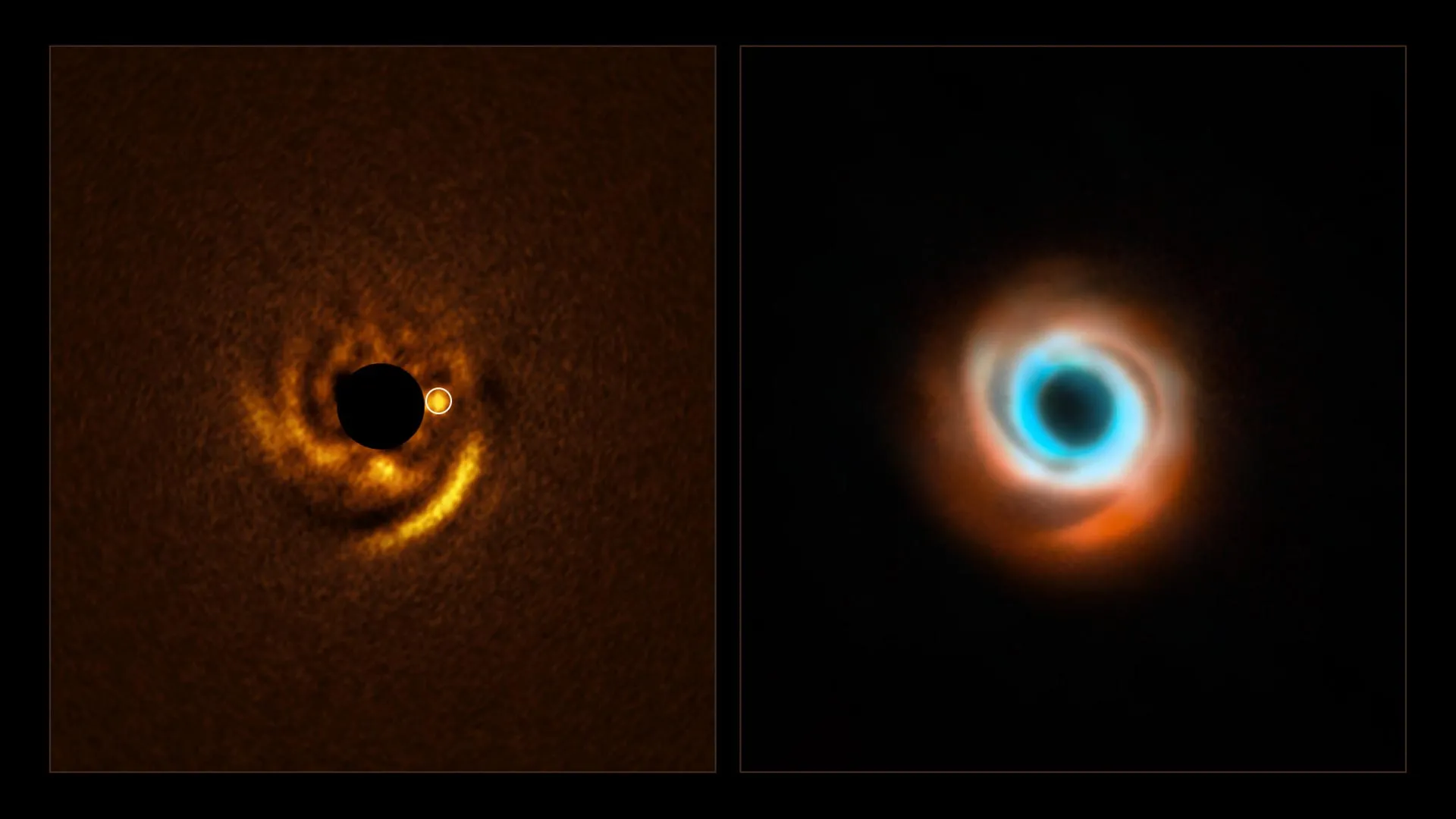Now Reading: AI Develops Carbon-Capturing Concrete with Century-Long Durability
-
01
AI Develops Carbon-Capturing Concrete with Century-Long Durability
AI Develops Carbon-Capturing Concrete with Century-Long Durability

Rapid Summary
- Researchers at USC Viterbi School of Engineering developed an AI model, Allegro-FM, capable of simulating billions of atoms simultaneously to advance materials design.
- Allegro-FM allows testing virtual concrete chemistries for carbon neutrality and better longevity before real-world experiments.
- This simulation method showed 97.5% efficiency on the Argonne National Laboratory’s Aurora supercomputer, enabling scalable research 1,000 times larger than customary methods.
- Concrete production contributes to about 8% of global CO2 emissions; the new method may help recapture and store CO2 within concrete itself for a net-carbon-neutral output.
- Modern concrete usually lasts around 100 years, but Allegro-FM simulations suggest incorporating CO2 results in longer-lasting concrete structures akin to ancient materials like Roman concrete.
- The breakthrough leverages machine-learning AI models that simplify previously complex quantum mechanics calculations while using fewer computing resources.
- The research could lead to stronger fire-resistant and environmentally kind construction materials. It was recently published in The Journal of Physical Chemistry Letters.
Indian Opinion Analysis
This development underscores potential game-changing implications for addressing climate issues linked to construction globally-an area where India is both deeply invested in infrastructure growth and severely affected by environmental challenges. Given India’s burgeoning urbanization needs combined with efforts under various green initiatives like PMAY (Pradhan Mantri Awas Yojana) and smart Cities Mission, leveraging technologies such as Allegro-FM could align well with national goals.
While India is already among top cement producers worldwide-the sector contributing considerable carbon emissions-AI-based advancements like this can act as accelerators toward achieving sustainability without compromising development targets.Adoption might initially require high investments in advanced technology education or international partnerships; however, long-term benefits such as reduced environmental impact and enhanced durability would offset those costs significantly.
India’s researchers or industry leaders might also take cues from this study’s scalability approach to propel localized climate-conscious innovations that can support global leadership around enduring building practices-a position that aligns with India’s broader push for renewable energy dominance leading up towards COP climate summit pressures too
























